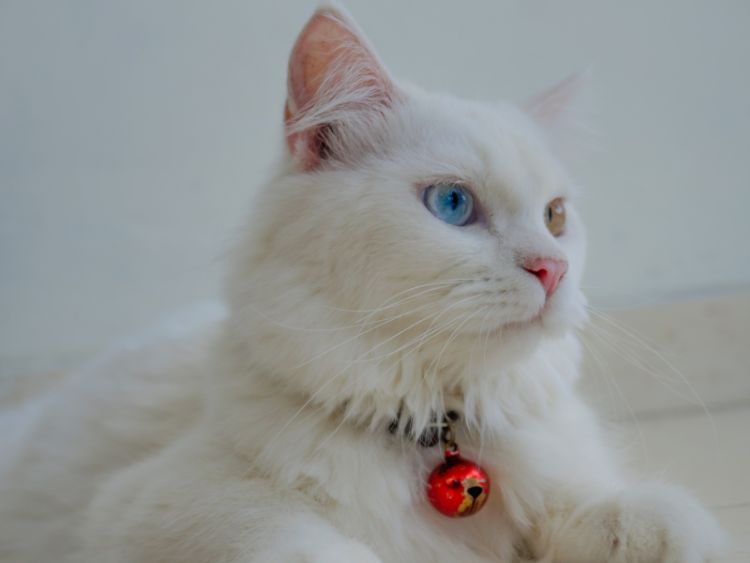When it comes to our feline friends, their health and well-being are top priorities. Vaccinations play a crucial role in ensuring they lead long, happy lives. However, what happens post-vaccination is often a puzzle for many pet owners. Understanding cat behavior after vaccination not only demystifies the process but also prepares us for how best to support our pets during this time. Let’s dive into the nuances of how vaccinations might influence your cat’s behavior, ensuring you’re well-equipped to provide the care and comfort they need.
What’s the Focus Here?
Our journey through understanding “cat behavior after vaccination” uncovers the various ways cats may respond to their shots. From the mild lethargy to the rare, more serious reactions, we’ve got you covered.
Recognizing the Signs: What to Expect
Post-vaccination, cats display a range of behaviors, some subtle and others more pronounced. Here’s what you might observe:
- Lethargy: A common response, your cat might seem less energetic than usual, preferring to rest more.
- Appetite Changes: Some cats might temporarily lose their appetite. Keep an eye on their eating habits.
- Mild Fever: It’s not unusual for cats to run a slight fever. While this is generally not a cause for alarm, it’s something to monitor.
- Localized Swelling: The vaccination site might swell or become tender to the touch.
Understanding these signs helps in providing the right care and reassurance your cat needs during this period.
How to Provide Comfort and Care
Post-vaccination care is all about ensuring your cat feels safe, comfortable, and loved. Here are some tips to help your cat through this period:
- Create a Quiet Resting Place: Ensure your cat has a quiet, comfortable spot to retreat to.
- Stay Hydrated: Encourage drinking water to prevent dehydration.
- Monitor Food Intake: If your cat’s appetite wanes, try offering their favorite treats or a bit of wet food.
- Limit Physical Activity: Allow your cat to rest as much as necessary without encouraging too much play.
By staying observant and supportive, you can help mitigate any discomfort your cat experiences.
When to Seek Veterinary Advice
While most reactions to vaccinations are mild and temporary, it’s crucial to know when to seek professional advice. Be alert to the following:
- Persistent lethargy lasting more than 48 hours
- Severe swelling or pain at the vaccination site
- Any signs of an allergic reaction, such as difficulty breathing, hives, or severe vomiting
In these cases, immediate veterinary attention is imperative to ensure your cat’s health and safety.
FAQs: Navigating Post-Vaccination Concerns
Q: How long do vaccination side effects last in cats?
A: Typically, mild side effects resolve within 24-48 hours. If they persist, consult your vet.
Q: Can vaccinations change my cat’s behavior long-term?
A: Vaccinations are designed to protect your cat from diseases, not alter their personality or long-term behavior.
Q: Is it normal for my cat to hide after vaccination?
A: Yes, some cats prefer solitude while they’re feeling under the weather. Give them space, but keep an eye on their behavior.
Q: Should I isolate my vaccinated cat from other pets?
A: Unless advised by your vet, there’s no need to isolate your cat. Just ensure all pets are up to date on their vaccinations.
Summary
Understanding cat behavior after vaccination is key to providing the support and care your pet needs during this time. Most reactions are mild and short-lived, but knowing how to comfort your cat and when to seek veterinary advice ensures you’re prepared for any situation. Remember, vaccinations are a crucial part of your cat’s health regimen, designed to protect them from serious diseases. By staying informed and attentive, you can help make the vaccination process as smooth and stress-free as possible for your beloved feline companion.

